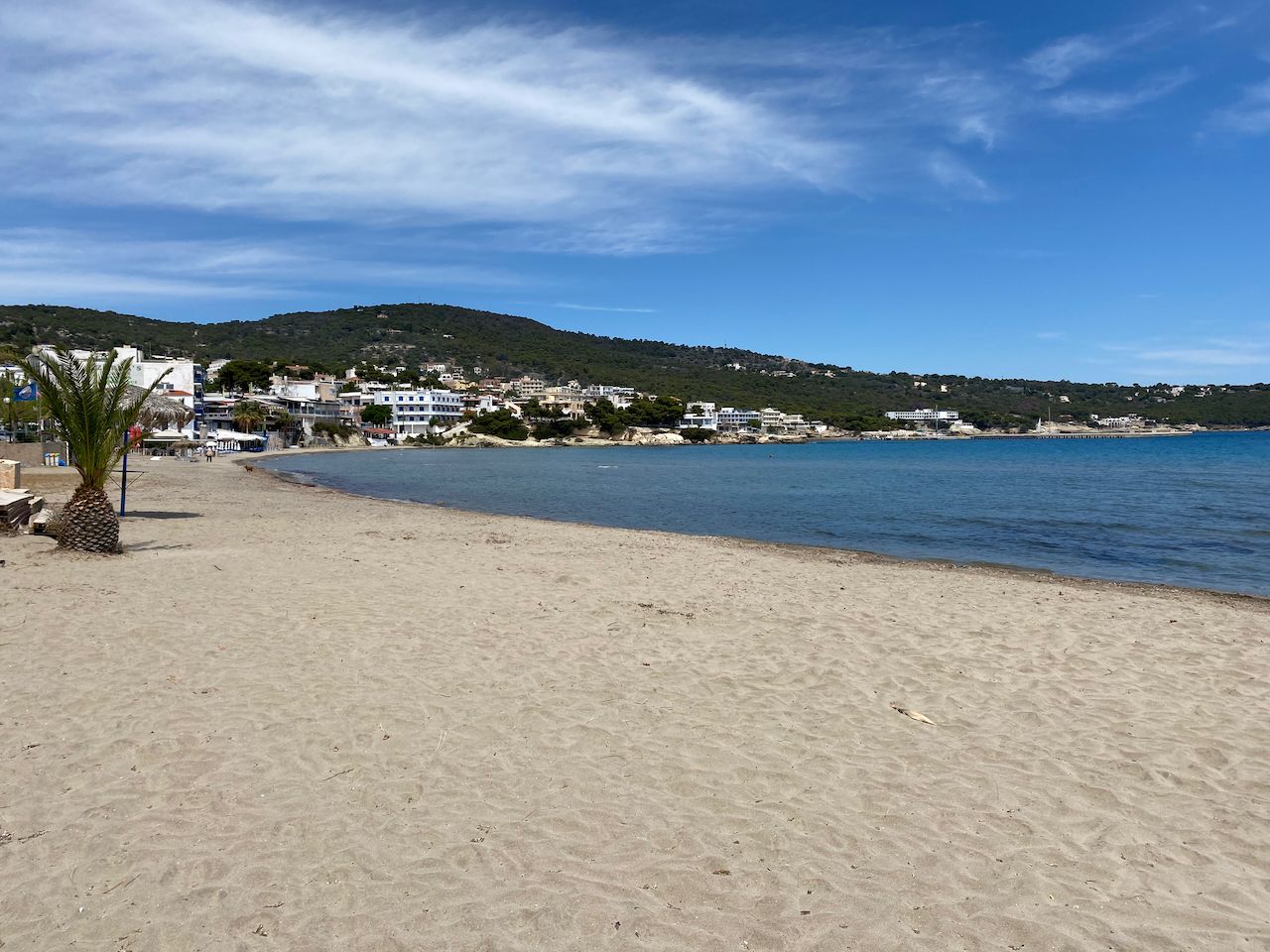Last Will & Testament
Get It Published

Whether you are a Greek or non-Greek inheritor of property on Hydra, you must have a Will correctly published in the Greek courts.
You may have a notarized new title with a statement claiming that you have accepted the inheritance. You may have paid the inheritance tax due. But if the Greek court did not publish the Will, there is a risk that you could lose your inheritance if another Will (legitimate or forged) is submitted and published as the Last Will & Testament by someone else at a later stage.
I am writing this article because I have come across two disasters this year that stopped house inheritors trying to sell properties they thought they owned but hadn't had their Wills published.
The first was a local Greek family, and the second was a non-Greek Testator (the person who wrote the Will) who left a Greek property to a non-Greek inheritor.
On Hydra this year, a local family asked me to market their house for sale. They had a Public Will: It consisted of the testator's Last Will & Testament executed before a Notary Public. They accepted the inheritance and even paid the inheritance tax due. But they did not have their Will published in the courts at Aegina as they should have done.
The first I knew of a problem was when a man I'd never heard of phoned me to ask why I was marketing his house for sale. Alarmed, as you can imagine, I asked for the particulars. He explained that he had presented his Holographic Will to the courts. In the absence of any other published Will, it had been upheld by the court. He had paid the inheritance tax and had a title in his name. It was a hand-written will, entirely by the hand of the testator, who wrote the date of the Will, and signed it to verify its content.
The Hydriot family are contesting the hand-written Will, but until the courts rule, neither party can sell the property.
The second issue that I encountered this summer concerns a non-Greek Testator leaving a Greek property, in a non-Greek Will, to non-Greek family members. Again, the inheritors did not publish their Will (in either country), although they too had a notarized title saying they'd accepted the inheritance and had paid the tax due. They also asked me to market their property for sale, and I'd found them a buyer. But the buyer's lawyer discovered they'd omitted publication and rightly flagged the risk to his buying client.
This case isn't quite the same as the Hydriot issue. The risk here is that, at some future date, another Will might be published and upheld. And if the lawyer's clients proceed to buy the property, it will be impossible to publish the Will after the transfer to the buyers as the new owners. The solution is that the inheritors must go through the 3 phases of publication with the Athens court, which will take a minimum of 6 months. Once published, then it will be safe for the buyers to proceed. But in the meantime, the property sale is on hold.
So it should be noted by all that if you have inherited a property in Hydra (Greece), you should publish your Will, whether it's a Greek one or not, through the Greek courts to minimise the risk of your Will being contested.
Being English, I know this process as 'Probate'. It's similar to reading the banns if you are marrying or a decree absolute if you're divorcing. It's a process with enough time built in to ensure that others can come forward if they contest the Will much the same as reading the banns over time, allows anyone to come forward if they know of a reason why the bride or groom shouldn't marry.
It takes a minimum of 6 months to ensure that anyone with another contesting Will has time to come forward to allow the court to rule on which Will to uphold.
It would appear that the non-publication of a Will in Greece is possibly overlooked because there seems to be no time limit for a Will to be contested so why bother going through the courts unless it's necessary. However, if inheritors have published their Will, the risk of any court overturning what was upheld is minimized. So, in my opinion, it is worth waiting 6-12 months to make your inheritance as secure as possible. And to spell it out, if you don't publish, you leave yourself wide open to someone presenting a fraudulent hand-written will which might lose you your inheritance!
Greek Inheritance Law is regulated by the Hellenic (Greek) Civil Code, Art. 1710 – 2035. It is similar to French and German Inheritance law, but it is radically different from English and American inheritance law. Greek Inheritance Law provides the passing of the deceased's property to his legal heirs in two ways: by virtue of a Will or through the Greek rules relating to intestacy. A non-Greek Will made by a non-Greek will be accepted by the Greek courts so long as it is notarized as a true translation from the original. But make no mistake, the Greek court must publish it, so the inheritors are as secure as possible, whether it's a foreign or local will. Upon the passing away of the testator, the Will has to be probated before the competent Court (Aegina for locals) or before the competent Embassy or Consulate (for non-Greeks) in order for the Greek Will's content to become known to anyone.
Also, it should be noted that even if there is no Will, a Zero Will should be published (much the same as declaring a zero income on your annual tax return).
After 2013, Hydra (Greek) Wills should be declared at the Aegina Court. Pre-2013 Wills should have been declared both in Aegina and Athens. Also, local Wills can be processed by Hydra's KEP office.
All foreign Wills (that is, not made by someone Greek even if written in Greek) must be declared in the Athens court even if the inheritors are Greek.
For anyone who has been alarmed by my article, please don't hesitate to contact me. I am happy to put you in touch with some legal advisors for further clarification.
Regards, Kelsey
Share this post










